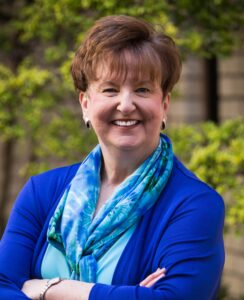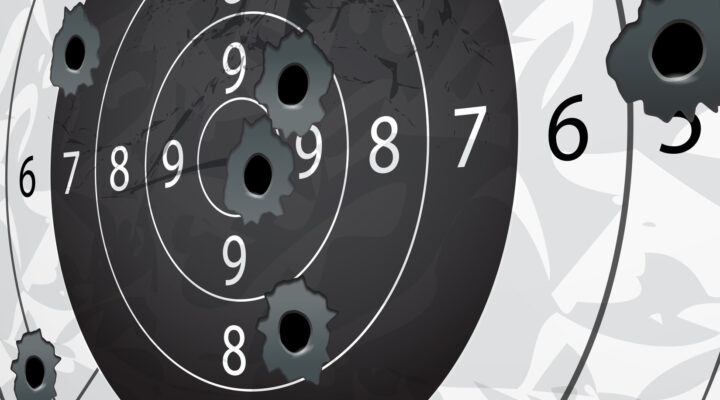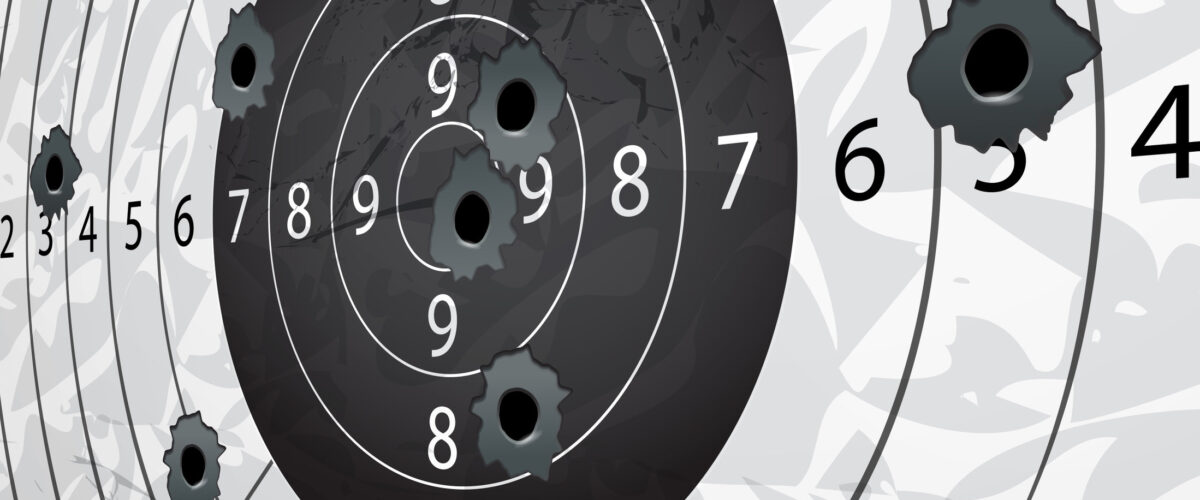With the news of so many tragic events over the past few weeks, I have been struck by the thread that seems to run through so much of the carnage-filled images continuously in the media.
The interviews from mass shootings in Uvalde, Buffalo and Tulsa; the coverage of survivors from Russian bombings in Ukraine; and the footage of desperate immigrant flights, Baptist predators’ victims and women protesting restrictions on their health care —all are filled with the same despair, disillusionment grief and anger.
A commentator interviewing on a battle-torn street in Ukraine summarized the Russian bombing objectives as “soft targets,” locations that would be considered forbidden in traditional warfare, such as hospitals, civilians’ homes, markets and churches filled with huddled, unarmed civilians.

Stephanie Nash
A discussion on war crimes followed, including the sentencing of a Russian soldier who had shot an unarmed older gentleman despite the protesting cries of onlookers. But it was the faces of children pressed to train windows as they bade goodbye to their volunteer soldier dads on the platform, the tears of the elderly bunkered in crowded basements and the fearful eyes of those patients removed from shelled hospital beds and sheltered in underground dugouts that brought home the innocent human costs that is the collateral damage of war.
It then occurred to me that all these victims here at home — their happy faces in elementary awards program selfies or their motionless bodies gunned down in a Buffalo grocery store — shared the same fate as the “soft targets” of a brutal war, persons who were unarmed, untrained for battle, and yet serving on the frontlines of a surprise attack on a hostile battlefield created by powers outside their control.
As a mother, grandmother, former classroom teacher and pastor, I am overwhelmed with the grief I feel for these innocent and unprotected victims of violence, and I don’t know where to lay it down.
Whether they are receptionists in their daily routine at the doctor’s office, desperate parents attempting to provide a safe future for their children from drug cartels or young women haunted by misplaced trust in their pastors, they all assumed they were safe from harm at the very moment they became the target of hatred, indifference or abuse.
We remember our fallen heroes for their courage in the line of fire by listing their names and remembering their sacrifice. Perhaps we should add the names of the 100-plus Americans who lose their lives to gun violence every day. They, too, have met the enemy, and the enemy is us.
Stephanie Nash is a retired pastor from Second Baptist Church in Lubbock, Texas, where she served on the pastoral team for 19 years. She earned a master of divinity degree from Logsdon Theological Seminary, a master’s degree in English from Texas Tech University, and a bachelor’s degree from Baylor University. Her career also included 25 years teaching high school English before entering the ministry. She and her husband, Paul, enjoy splitting their time between their mountain home in New Mexico and their family and grandkids in Lubbock.
Related articles:
Mass shootings, DNA swabs and gospel triage: America 2022 | Opinion by Bill Leonard
Our national golden calf is killing us | Analysis by Chris Conley
In response to Uvalde, the church can learn from the murder of George Floyd | Opinion by Laura Ellis


